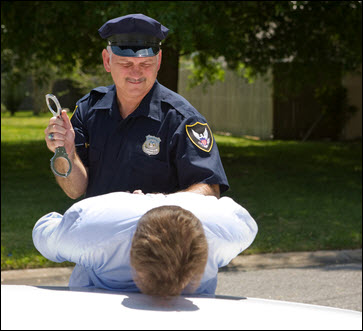As we find ourselves in an election year, it’s evident that not only is politics in the air but also a significant cultural revolution concerning marijuana laws is sweeping across the United States.
For years, the focus was primarily on establishing a quasi-legal category for medical marijuana, rooted in compassion for patients in need. However, recent years have seen a dramatic shift in energy, with a strong push to remove legal prohibitions on recreational marijuana use.
Several states, including Colorado, Massachusetts, Washington State, Oregon, Alaska, Nevada, and Maine, have already abandoned the criminalization of recreational marijuana use. In total, 29 states and the District of Columbia have taken steps to reduce enforcement and penalties related to marijuana in some way.
More Information About DUID
Arrested For DUID But Was Sober. But I Do Smoke Pot. What Will The Urine Test Show?
Arrested For DUID and Had Pot in the Car. What’s Going To Happen?
Help For Those Arrested For DWI & Drug Possession
Can You Beat A Charge For Drug Possession By Motor Vehicle Operator & DUID?
How Can The Cops Prove I Was High When I Was Arrested For DUID?
Blood Tests After Arrest For DWI Drugs in NJ – What Happens Next?
As New Jersey contemplates the possibility of becoming a recreational use state, one pressing question arises: how will this change affect Driving While Intoxicated (DWI) cases involving marijuana?
When it comes to alcohol, standardized testing methodologies have been developed and can be applied relatively impartially. Breathalyzer tests can provide clear evidence of a driver’s blood alcohol concentration, making it easier to determine impairment. However, marijuana presents unique challenges. While it’s possible to detect the presence of marijuana in a person’s system within the last 30 days or so, it becomes far more complex to prove that someone consumed it shortly before a traffic stop.
Currently, New Jersey relies on specially trained police officers known as Drug Recognition Experts (DRE) to identify signs of drug impairment. While every police department in the state has at least one DRE, the potential legalization of recreational marijuana would likely require many more officers to become certified in this specialized field.
In DWI cases involving alcohol, the evidence often includes concrete data, such as the results of an Alcotest (breathalyzer) examination. However, cases involving drug impairment, particularly marijuana, can be more challenging to prosecute due to the absence of standardized testing methodologies and the reliance on observations and expert testimony.
It’s apparent that significant changes are on the horizon for marijuana laws in New Jersey. The question now becomes how the state will adapt to these changes and address the unique challenges they present, particularly in the realm of DWI cases involving marijuana.
If you find yourself facing DWI charges in New Jersey, it’s crucial to understand that an experienced lawyer can make a substantial difference in your case. Seeking legal counsel is essential to navigate the complexities of DWI laws, especially in a rapidly evolving legal landscape.
For a free consultation with an experienced New Jersey DWI defense lawyer who can provide guidance and support during these uncertain times, don’t hesitate to call Reisig Criminal Defense & DWI Law at 732-625-9660. Your future may depend on the right legal representation.













